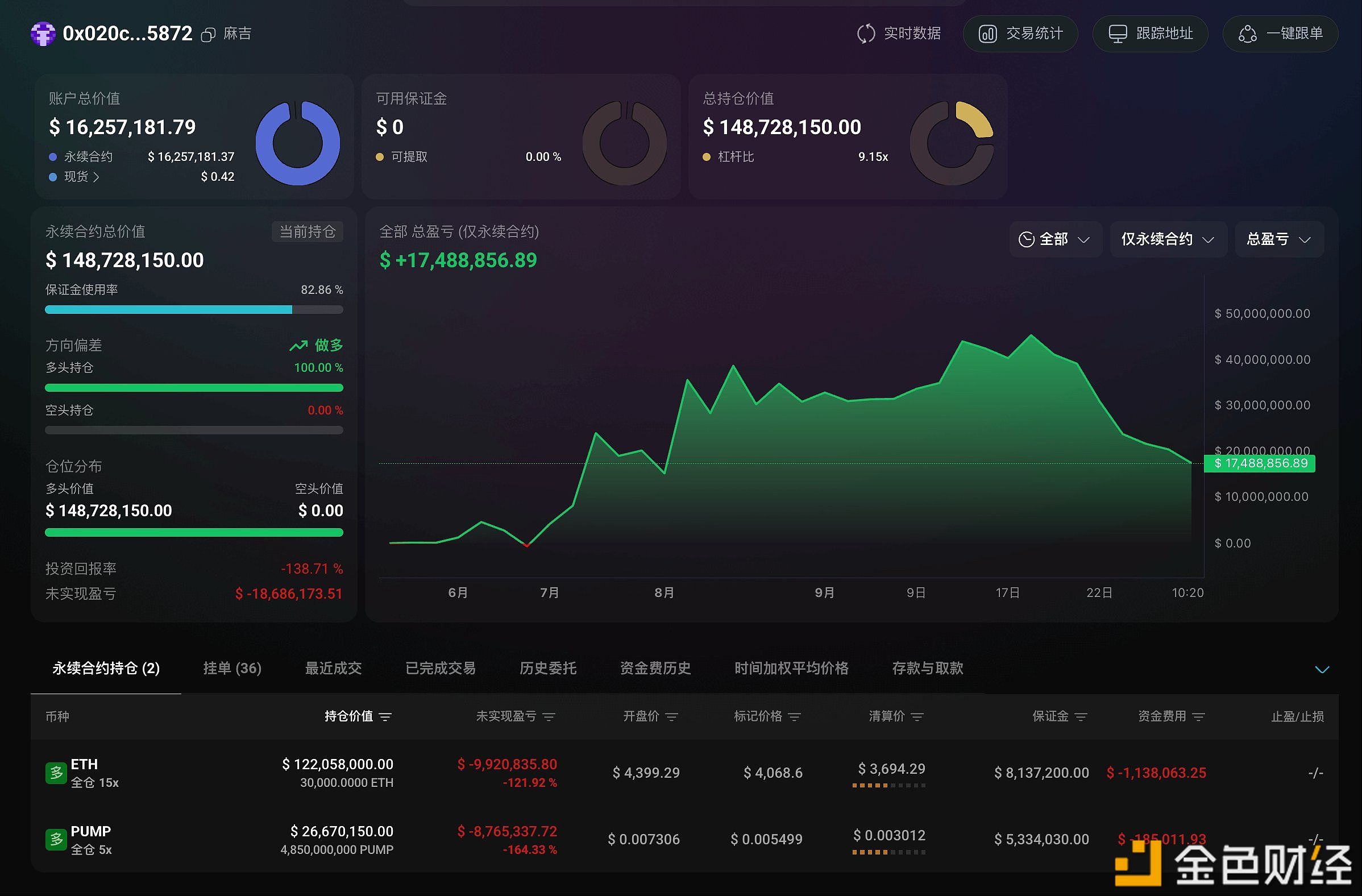Vitalik: Regarding the previous "Bitcoin block size dispute", I personally support the "big block" side
PANews reported on May 31 that after reading two books about the Bitcoin block size dispute in the 2010s, "The Blocksize War" and "Hijacking Bitcoin", Vitalik published an article to put forward some of his own thoughts on the Bitcoin block size dispute. Vitalik said that when he personally experienced the Bitcoin block size dispute, he usually stood on the side of the big blockers, and his sympathy for the big blockers was mainly concentrated on the following key points:
One of the key promises of Bitcoin at the beginning was digital cash, and high fees could kill this use case. Although the Layer2 protocol can theoretically provide much lower fees, the whole concept has not been fully tested, and it is very irresponsible for small blockers to commit to a small block roadmap because they know little about how the Lightning Network performs in practice. Today, the actual experience of the Lightning Network has made pessimistic views more common.
I don't believe the "meta-level" story of the small block side. Small block supporters often argue that "Bitcoin should be controlled by users" and "users don't support large blocks", but are never willing to determine any specific way to define who is a "user" or measure what they want. Big blockers secretly tried to come up with at least three different ways to count users: hash power, public statements from prominent companies, and social media discourse, and small blockers condemned each of them. Big blockers didn’t organize the New York Agreement because they liked “cabals”; they organized the New York Agreement because small blockers insisted that any controversial changes require “consensus” among “users”, and a statement signed by major stakeholders was the only viable way that big blockers believed could actually do that.
The Segregated Witness proposal proposed by small blockers was designed to increase the block size slightly, which was unnecessarily complex compared to a simple hard fork block size increase. Small blockers ultimately embraced the “soft forks are good, hard forks are bad” philosophy (which I strongly disagree with) and designed a block size increase to accommodate this rule, although Bier admitted that the complexity increased so much that many big blockers could not understand the proposal. I feel that small blockers are not just “supporting caution”, they are arbitrarily choosing different types of caution, choosing one (not hard forking) and abandoning another (keeping the code and specifications clean and simple) because it suits their agenda. Eventually, the big blockers also abandoned “clean and simple” in favor of ideas like Bitcoin Unlimited’s adaptive block size increase, a decision that Bier (rightfully) criticized heavily.
The small blockers did engage in some very inappropriate social media censorship to impose their views, culminating in Theymos’ infamous statement “If 90% of /r/Bitcoin users find these policies intolerable, then I want 90% of /r/Bitcoin users to leave.”
Disclaimer: The content of this article solely reflects the author's opinion and does not represent the platform in any capacity. This article is not intended to serve as a reference for making investment decisions.
You may also like
Benchmark analyst reiterates "Buy" rating on Japanese crypto company Metaplanet

GAIN official: Investigating issues related to abnormal token over-issuance
Data: 10 addresses received a total of 210,000 ETH within 6 hours, worth approximately $863 millions.